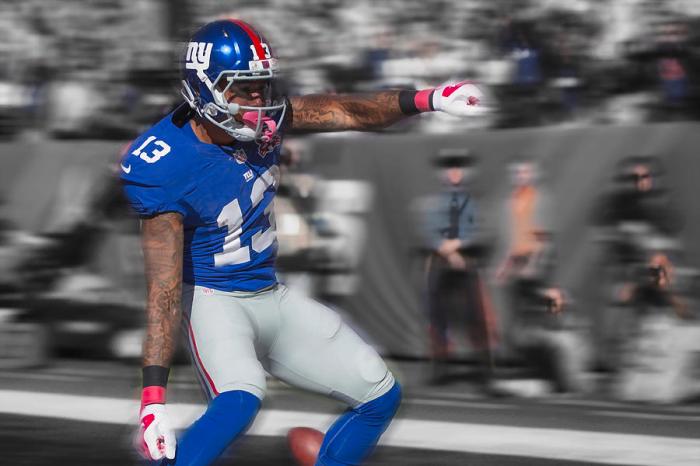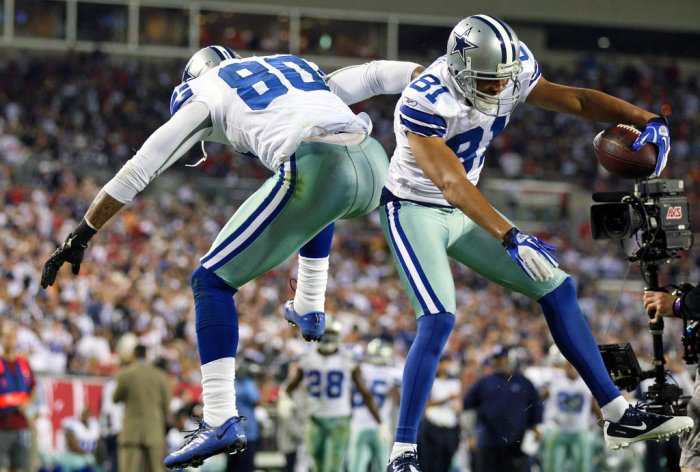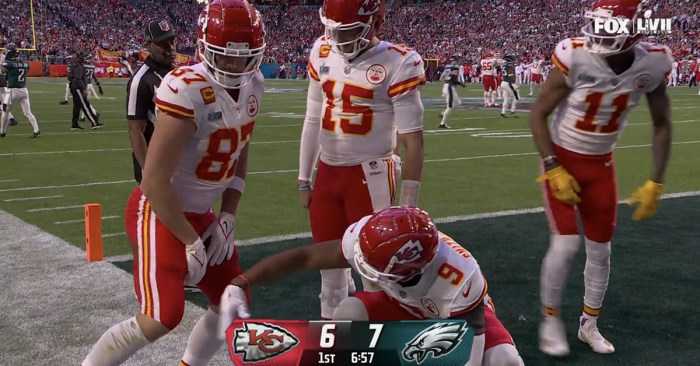Taking a knee in the end zone say crossword sets the stage for this enthralling narrative, offering readers a glimpse into a story that is rich in detail and brimming with originality from the outset. This thought-provoking crossword puzzle delves into the multifaceted symbolism, reactions, legal and ethical considerations, social and political discourse, and creative expression surrounding this powerful gesture of protest.
The historical and cultural significance of kneeling as a form of protest is meticulously explored, tracing its evolution in sports activism, particularly within the NFL. The impact of Colin Kaepernick’s kneeling protest on the league and society at large is analyzed, shedding light on the controversy and arguments surrounding this gesture.
Symbolism of Taking a Knee in the End Zone

Taking a knee has become a powerful symbol of protest in the sports world, particularly in the NFL. It has its roots in the historical and cultural significance of kneeling as a gesture of submission, respect, and humility.
In the context of sports activism, kneeling has evolved into a form of nonviolent protest against racial injustice and police brutality. It gained prominence in 2016 when Colin Kaepernick, then a quarterback for the San Francisco 49ers, began kneeling during the national anthem before games.
Kaepernick’s protest sparked a national debate and brought widespread attention to issues of racial inequality and police misconduct. His actions inspired other athletes to follow suit, leading to a wave of kneeling protests across the NFL and other sports.
Reactions to Taking a Knee in the End Zone, Taking a knee in the end zone say crossword
The kneeling protests have elicited a wide range of reactions from the public, athletes, and team owners.
- Public Support:Many people have expressed support for the kneeling protests, seeing them as a legitimate form of protest against racial injustice.
- Public Opposition:Others have criticized the protests, arguing that they disrespect the flag, the military, and the national anthem.
- Athlete Support:Many athletes have spoken out in support of the kneeling protests, recognizing the importance of addressing racial inequality.
- Athlete Opposition:Some athletes have opposed the protests, believing that they are divisive and disrespectful.
- Team Owner Reactions:Team owners have had varying reactions to the protests, with some supporting the players’ right to protest and others condemning the protests.
Legal and Ethical Considerations
Kneeling protests have raised important legal and ethical questions.
- First Amendment Rights:The kneeling protests have been protected under the First Amendment, which guarantees the right to freedom of speech and expression.
- Consequences for Athletes:Some athletes have faced consequences for kneeling, including being benched or released by their teams.
- Respect for the Flag and Military:Critics of the kneeling protests argue that they disrespect the flag and the military. Supporters argue that the protests are not about disrespecting the flag or the military, but about raising awareness of racial injustice.
- Role of Sports Organizations:Sports organizations have a role to play in regulating player protests. They must balance the players’ right to protest with the need to maintain a respectful and inclusive environment for fans and athletes.
Impact on Social and Political Discourse
Kneeling protests have had a significant impact on social and political discourse.
- Raising Awareness:The protests have raised awareness of racial injustice and police brutality, bringing these issues to the forefront of public discussion.
- Social Media Amplification:Social media has played a crucial role in amplifying the impact of the kneeling protests, allowing protesters to share their messages with a wider audience.
- Long-Term Effects:The kneeling protests have the potential to have long-term effects on race relations and social justice issues, encouraging dialogue and action to address these problems.
Creative Expression and Resistance
Kneeling protests have been used as a form of creative expression and resistance.
- Symbolism and Art:The act of kneeling has become a powerful symbol of protest, and artists have used it as a source of inspiration for creative works.
- Athlete Activism:Kneeling protests have empowered athletes to use their platforms to speak out against social injustice, challenging traditional notions of what athletes should and should not do.
- Perception of Athletes:The kneeling protests have changed the perception of athletes as activists, demonstrating that they are willing to use their voices to address important social issues.
Frequently Asked Questions: Taking A Knee In The End Zone Say Crossword
What is the historical significance of kneeling as a gesture of protest?
Kneeling has a long history as a symbol of submission, humility, and respect. In the context of protest, kneeling has been used to convey a range of messages, including defiance, solidarity, and mourning.
How did Colin Kaepernick’s kneeling protest impact the NFL?
Kaepernick’s protest sparked a national debate about race, inequality, and the role of athletes in society. It also led to a backlash from some fans and team owners, and Kaepernick was ultimately blacklisted from the NFL.
What are the legal implications of kneeling protests?
Kneeling protests are protected by the First Amendment right to freedom of speech. However, there have been some cases where protesters have been arrested or charged with trespassing or disorderly conduct.

